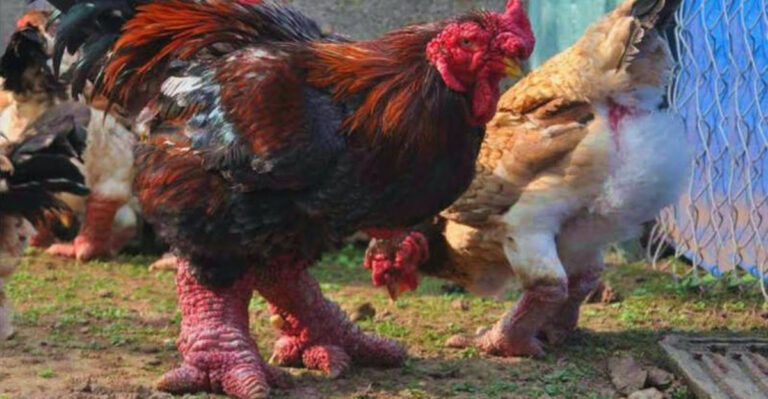10 Common Golden Retriever Health Issues To Look Out For
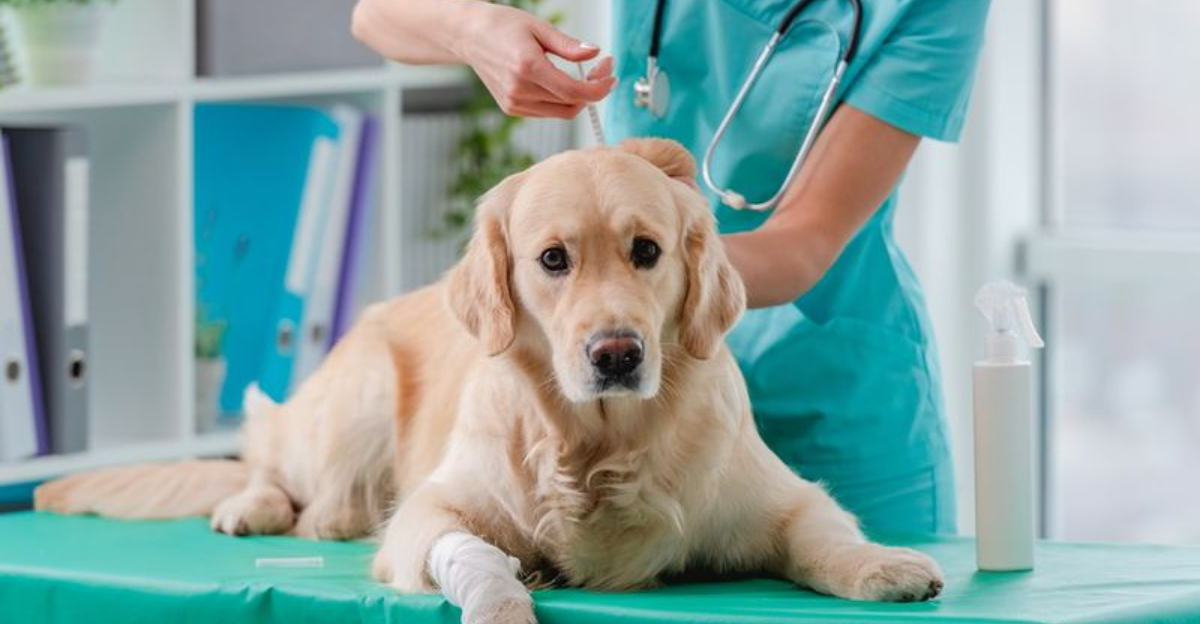
Golden Retrievers are among the most popular dog breeds, known for their friendly and loyal nature. However, like all breeds, they have specific health issues that owners should be aware of. Understanding these common problems can help ensure your furry friend stays healthy and happy for years to come. Explore these health concerns to provide the best care for your Golden Retriever.
1. Hip Dysplasia
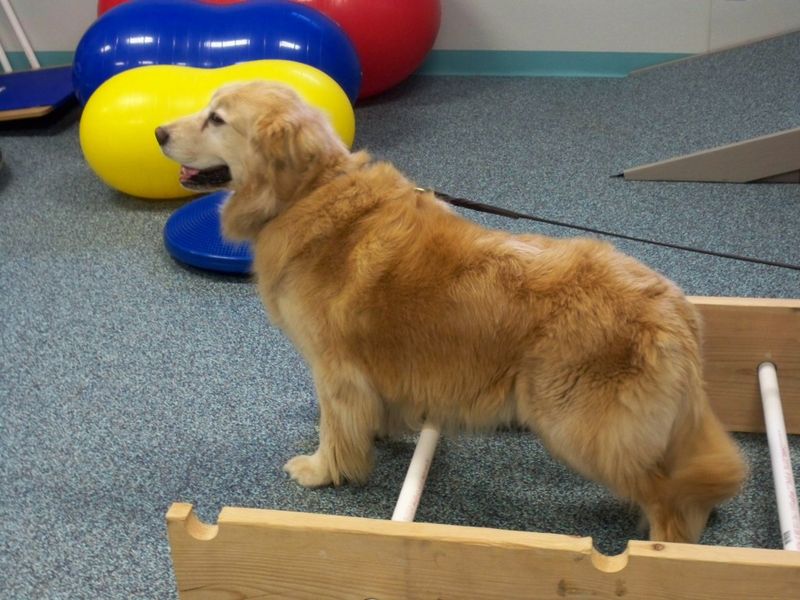
Hip Dysplasia is a common issue in Golden Retrievers, where the hip joint doesn’t fit properly. This can lead to arthritis or pain as they age. Owners might notice their dog limping or having difficulty getting up.
Regular check-ups can catch this early, and maintaining a healthy weight can alleviate stress on their hips. In severe cases, surgery might be required to improve mobility.
Keeping your Golden Retriever active with gentle exercises can help strengthen their muscles and support their joints. Early detection and care are key to managing this health issue effectively.
2. Heart Disease
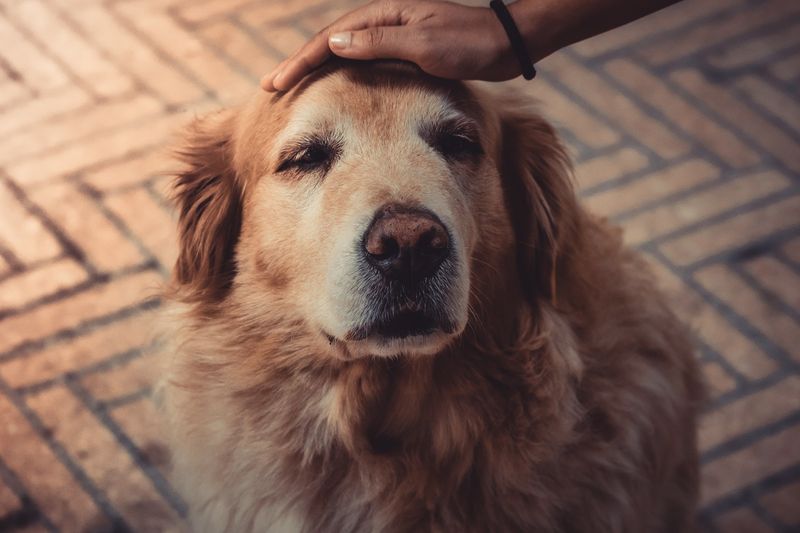
Golden Retrievers are prone to certain heart diseases, such as cardiomyopathy. Symptoms can include coughing, difficulty breathing, or fatigue during exercise.
Regular vet visits and heart health screenings are vital to catch early signs. Proper diet and exercise can help manage heart conditions and improve quality of life. Some dogs may require medication to support heart function.
Monitoring your pet’s activity level and breathing can provide early clues to heart issues. A balanced lifestyle tailored to your Golden’s needs can keep their heart healthy and strong.
3. Skin Allergies

Skin allergies in Golden Retrievers can cause itching, redness, or irritation. These can be triggered by food, pollen, or flea bites. Frequent grooming and hypoallergenic diets can reduce allergic reactions.
Your vet might recommend allergy testing to identify specific triggers. In some cases, medication can provide relief from persistent symptoms.
Keeping your dog’s environment clean and using gentle shampoos can help prevent flare-ups. Regularly checking their skin for unusual signs ensures that any allergic reactions are managed promptly and effectively.
4. Cancer
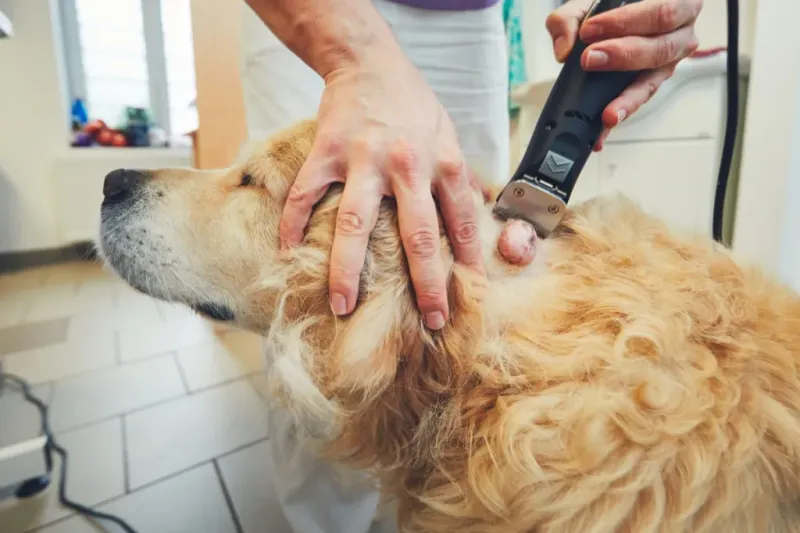
Cancer is a serious health concern in Golden Retrievers, with lymphoma and hemangiosarcoma being most common. Early signs can include lumps, weight loss, or changes in appetite.
Regular vet check-ups and being observant of any changes in behavior or appearance are crucial. Treatment may involve surgery, chemotherapy, or radiation therapy. While cancer can be challenging, early detection can improve outcomes.
Supporting your Golden with a nutritious diet and plenty of love can help them face any health challenges bravely. Staying informed about this risk can save lives.
5. Ear Infections

Golden Retrievers have floppy ears that can trap moisture and lead to infections. Symptoms include scratching, redness, or a bad odor. Regularly cleaning their ears can prevent infections.
Use vet-recommended ear cleaners and avoid inserting anything deep into their ear canal. If you notice signs of infection, consult your vet for appropriate treatment.
Keeping your dog’s ears dry and clean after swimming or baths is vital. Ear infections can be uncomfortable, so prompt care will help keep your Golden comfortable and happy.
6. Hypothyroidism

Hypothyroidism occurs when Golden Retrievers have low thyroid hormone levels, leading to weight gain, lethargy, or skin problems. A blood test can diagnose this condition, and medication can regulate hormone levels.
Ensuring a balanced diet and regular exercise is vital for managing symptoms. Watch for changes in energy levels or coat condition.
While hypothyroidism is manageable, ongoing care and medication adjustments may be needed. Understanding this condition helps in maintaining your Golden’s vitality and well-being.
7. Progressive Retinal Atrophy (PRA)
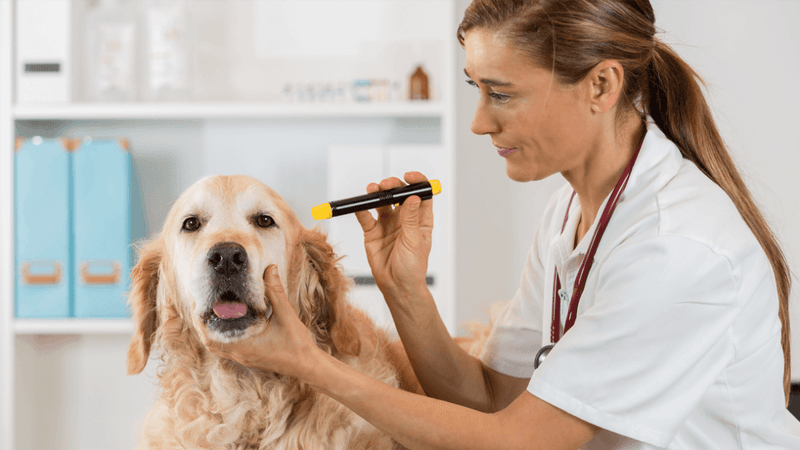
Progressive Retinal Atrophy is an eye condition leading to vision loss in Golden Retrievers. Night blindness is an early sign, progressing to complete blindness. Regular eye exams can detect PRA early.
While there’s no cure, managing your dog’s environment can help them adjust. Provide consistent routines and avoid moving furniture to prevent confusion.
Genetic testing can identify carriers of the disease. Supporting your Golden with love and patience ensures they continue to enjoy life, even with limited sight.
8. Elbow Dysplasia

Elbow Dysplasia is a developmental issue affecting Golden Retriever’s front legs, causing pain or lameness. It results from abnormal joint development and worsens with age.
Vets can recommend medical treatments or surgery for severe cases. Maintaining an appropriate weight is essential to reduce joint stress. Regular gentle exercise helps keep joints flexible and muscles strong.
Observing your dog’s movement can catch early signs, allowing for timely intervention. Providing a cozy resting area can also relieve discomfort.
9. Obesity

Obesity is a growing concern for Golden Retrievers, impacting their overall health. Excess weight can lead to joint problems, diabetes, or heart disease.
Regular exercise and a balanced diet are crucial in maintaining a healthy weight. Measure food portions and choose nutritious options. Monitor your dog’s weight and adjust feeding as necessary.
Obesity can be prevented with an active lifestyle and mindful eating. Keeping your Golden fit ensures they remain energetic and live a longer, healthier life.
10. Gastric Dilatation-Volvulus (Bloat)

Bloat is a life-threatening condition where a Golden Retriever’s stomach fills with gas and twists. Symptoms include a swollen abdomen, drooling, or restlessness. Immediate veterinary care is needed to save their life.
Preventive measures include feeding smaller, more frequent meals and avoiding vigorous exercise after eating. Recognizing the signs of bloat can make a critical difference.
Keeping their feeding routine calm and controlled minimizes risk. Knowledge of this condition is essential for every Golden owner to ensure quick action when needed.



